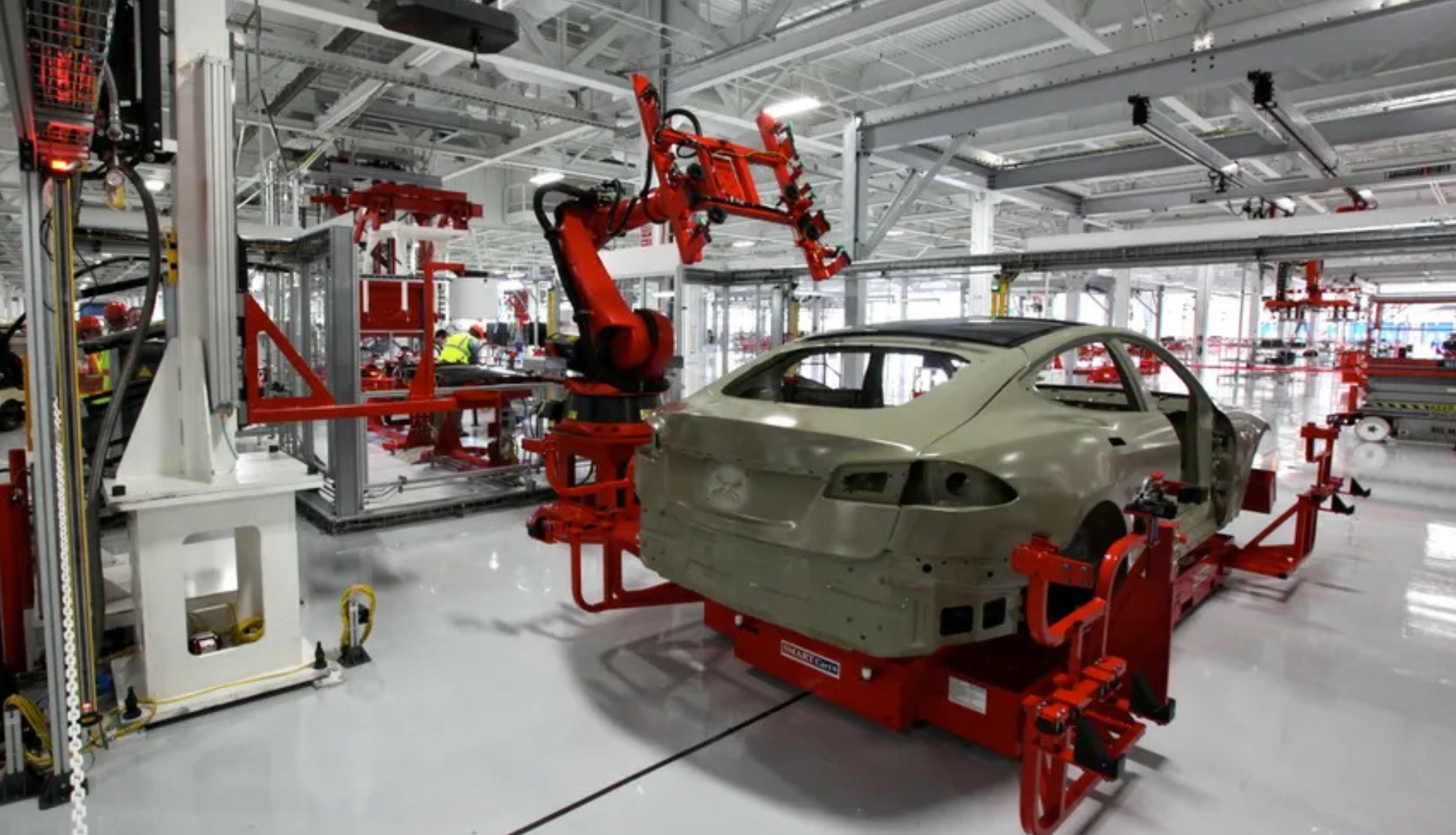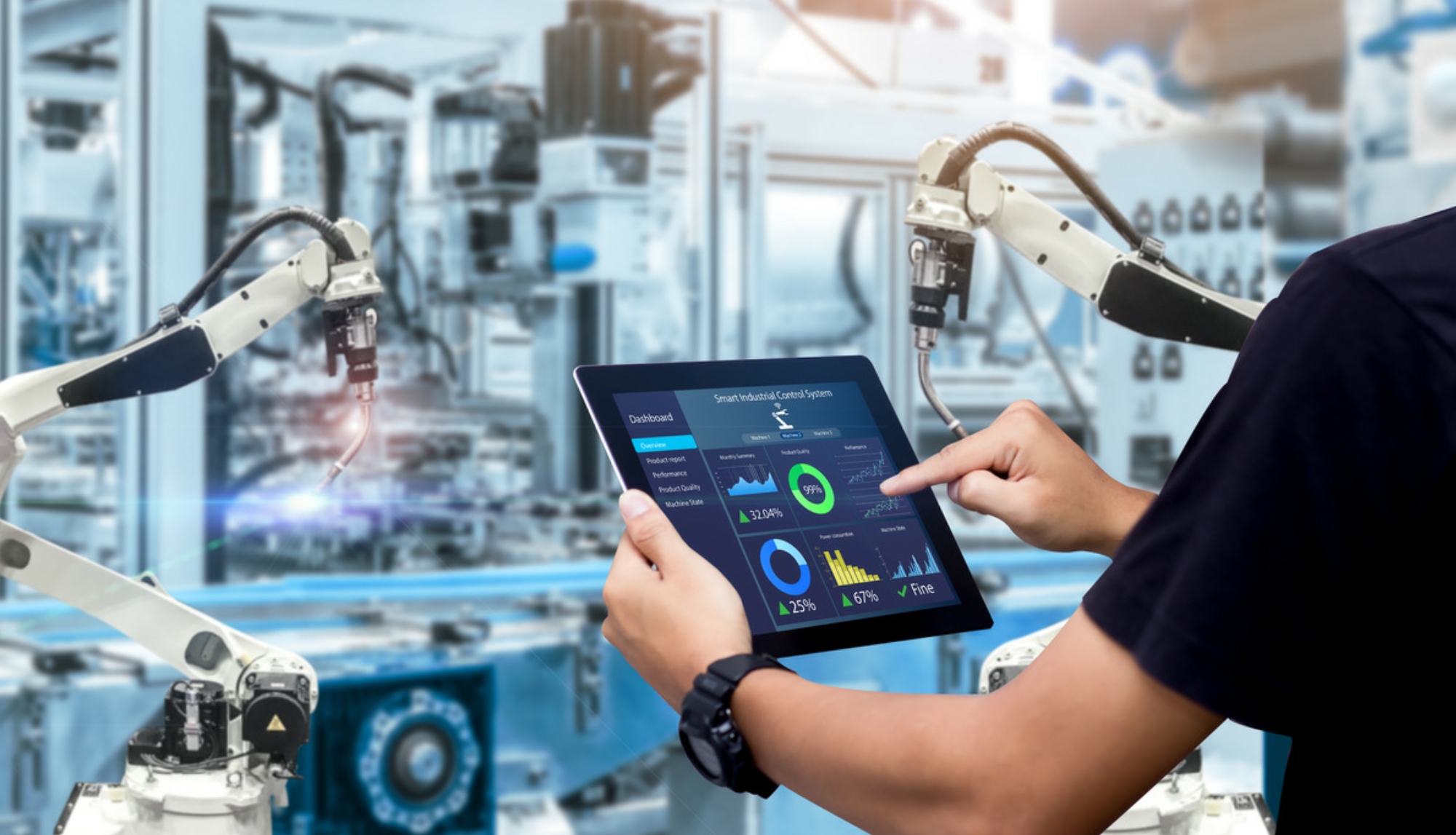
The Future of Electric Mobility: How Automotive Manufacturers Are Leading the Charge
In recent years, there has been a significant shift towards electric mobility as automotive manufacturers strive to reduce their carbon footprint and meet stricter emission regulations. With advancements in technology, the future of electric mobility looks promising. Let’s delve into how automotive manufacturers are leading the charge towards a greener and more sustainable future.
Electric Vehicles (EVs) on the Rise
Electric vehicles have been gaining traction in the automotive market, with consumers becoming more environmentally conscious and governments offering incentives for electric vehicle adoption. Major automakers such as Tesla, Nissan, and BMW have been investing heavily in electric vehicle technology, leading to an increase in the availability and affordability of EVs.
Advancements in Battery Technology
One of the key challenges in electric mobility has been the limited range of electric vehicles due to battery constraints. However, automotive manufacturers have been making significant strides in battery technology, with developments in lithium-ion batteries and solid-state batteries. These advancements have led to longer driving ranges and faster charging times, making electric vehicles more practical for everyday use.
Infrastructure Development
Alongside advancements in battery technology, automotive manufacturers are also working on expanding the charging infrastructure for electric vehicles. Companies like Tesla have been investing in building a network of Superchargers, making it easier for EV owners to recharge their vehicles on the go. Government initiatives and partnerships with utility companies are also helping in the development of a robust charging infrastructure.
Commitment to Sustainability
Automotive manufacturers are increasingly focusing on sustainability in their operations, from the manufacturing process to the end-of-life disposal of vehicles. Many companies have set ambitious goals to reduce their carbon footprint, with some aiming for carbon neutrality by a certain deadline. By investing in renewable energy sources and implementing eco-friendly practices, these manufacturers are leading the charge towards a more sustainable future.
Collaboration and Partnership
The shift towards electric mobility requires collaboration and partnership among automotive manufacturers, technology companies, and government entities. Companies like Volkswagen and Ford have formed partnerships to share technology and infrastructure, making electric vehicles more accessible to consumers. These collaborations are essential for accelerating the adoption of electric mobility and driving innovation in the industry.
Consumer Education and Awareness
Despite the growing popularity of electric vehicles, there is still a need for consumer education and awareness. Many people are unaware of the benefits of electric mobility and may have concerns about range anxiety and charging infrastructure. Automakers are taking steps to educate consumers about the advantages of electric vehicles and address any misconceptions or doubts they may have. By increasing awareness and fostering a positive perception of electric mobility, manufacturers can encourage more people to make the switch to electric vehicles.
Government Support and Regulations
Government support and regulations play a crucial role in promoting electric mobility. Many countries have introduced incentives such as tax credits and rebates for electric vehicle purchases, as well as stricter emission standards for automakers. By aligning their strategies with government policies, automotive manufacturers can stay ahead of the curve and position themselves as leaders in the transition to electric mobility.
The future of electric mobility is bright, with automotive manufacturers at the forefront of this transformative shift. By investing in technology, infrastructure, sustainability, and collaboration, these companies are paving the way for a greener and more sustainable automotive industry. As consumer awareness and government support continue to grow, electric mobility is poised to become the norm rather than the exception. It’s an exciting time for the automotive industry, and the future looks promising for electric vehicles.
Sustainable Innovation: Top Automakers Revolutionizing the Industry with Green Technologies

Top Automakers Revolutionizing the Industry with Green Technologies
In today’s world, the automotive industry is experiencing a major shift towards sustainability and eco-friendliness. With increasing awareness about climate change and the need to reduce carbon emissions, automakers are stepping up their game by incorporating green technologies into their vehicles. Let’s take a look at some of the top automakers that are leading the charge in revolutionizing the industry with their innovative green technologies.
Tesla: Pioneering Electric Vehicles
When it comes to green technologies in the automotive industry, Tesla is definitely a name that comes to mind. As one of the pioneers of electric vehicles, Tesla has been at the forefront of revolutionizing the way we think about transportation. With their lineup of electric cars, such as the Model 3 and Model S, Tesla has shown that electric vehicles can be powerful, stylish, and environmentally friendly.
Toyota: Leading the Way with Hybrid Technology
Toyota has long been known for its commitment to sustainability, and their hybrid technology is a testament to that. With popular models like the Prius and Camry Hybrid, Toyota has been able to offer consumers the best of both worlds – the fuel efficiency of a hybrid vehicle with the performance of a traditional gasoline-powered car. Toyota’s dedication to hybrid technology has helped pave the way for other automakers to follow suit.
Ford: Investing in Electric and Autonomous Vehicles
Ford is another automaker that is making great strides in revolutionizing the industry with green technologies. In recent years, Ford has been investing heavily in electric and autonomous vehicles, with plans to release an all-electric version of their popular F-150 pickup truck. By focusing on electric vehicles and autonomous technology, Ford is demonstrating their commitment to reducing carbon emissions and creating a more sustainable future.
Nissan: Innovating with Electric Vehicle Technology
Nissan is also a key player in the green technology revolution, particularly with their electric vehicle lineup. The Nissan Leaf is one of the best-selling electric vehicles in the world, thanks to its impressive range, affordability, and practicality. Nissan has been investing in cutting-edge battery technology and infrastructure to support electric vehicles, making them a leader in the push towards a greener automotive industry.
Volkswagen: Ramping Up Electric Vehicle Production
Volkswagen is another automaker that is ramping up its efforts to revolutionize the industry with green technologies. With the launch of their ID.4 electric SUV and plans to release more electric models in the coming years, Volkswagen is showing their commitment to sustainability and innovation. By investing in electric vehicle production, Volkswagen is aiming to reduce their carbon footprint and make a positive impact on the environment.
As the automotive industry continues to evolve, automakers are increasingly turning to green technologies to drive innovation and sustainability. From electric vehicles to hybrid technology, automakers like Tesla, Toyota, Ford, Nissan, and Volkswagen are leading the charge in revolutionizing the industry. With a focus on reducing carbon emissions and creating more eco-friendly transportation options, these top automakers are setting the standard for a greener future. ?
How Automotive Manufacturers Are Paving the Road to 2030

How Automotive Manufacturers Are Paving the Road to 2030
In today’s rapidly evolving automotive industry, manufacturers are continuously striving to stay ahead of the curve by embracing cutting-edge technologies and sustainability practices. With the year 2030 rapidly approaching, automotive manufacturers are paving the road to a more sustainable and connected future. Let’s take a closer look at how these companies are driving innovation and shaping the future of mobility.
Embracing Electric Vehicles
One of the most significant trends shaping the automotive industry is the shift towards electric vehicles (EVs). As concerns about climate change continue to grow, automotive manufacturers are investing heavily in the development of EVs to reduce carbon emissions and minimize the environmental impact of transportation. Companies like Tesla, Volkswagen, and BMW are leading the charge in this transition, with ambitious plans to electrify their vehicle lineups by 2030.?
Advancements in Autonomous Driving
Another key area of innovation in the automotive industry is autonomous driving technology. Companies like Waymo, GM Cruise, and Volvo are investing in the development of self-driving vehicles that promise to revolutionize the way we think about transportation. By 2030, we can expect to see more autonomous vehicles on the roads, offering increased safety, convenience, and efficiency for passengers and drivers alike.
Sustainable Manufacturing Practices
In addition to developing eco-friendly vehicles, automotive manufacturers are also focusing on sustainability in their manufacturing processes. Companies are investing in renewable energy sources, reducing waste, and implementing green technologies to minimize their environmental footprint. By 2030, we can expect to see more manufacturing plants powered by renewable energy and zero-waste production processes.
Connected Vehicles and Smart Infrastructure
The future of mobility is interconnected, with vehicles communicating with each other and the surrounding infrastructure to create a seamless and efficient transportation network. Automotive manufacturers are investing in connected vehicle technology, such as vehicle-to-vehicle and vehicle-to-infrastructure communication, to improve road safety and reduce traffic congestion. By 2030, we can expect to see a more connected and intelligent transportation system that will transform the way we travel.
Challenges and Opportunities
While the future of the automotive industry looks promising, there are still significant challenges to overcome. Companies will need to address infrastructure limitations, regulatory hurdles, and consumer adoption barriers to ensure a smooth transition to a more sustainable and connected future. However, these challenges also present opportunities for innovation and collaboration within the industry.
In conclusion, automotive manufacturers are paving the road to 2030 by embracing electric vehicles, advancing autonomous driving technology, implementing sustainable manufacturing practices, and investing in connected vehicle solutions. By staying at the forefront of innovation and sustainability, companies are shaping a more environmentally friendly, safe, and efficient future for mobility. The next decade promises to be an exciting time for the automotive industry as it continues to evolve and adapt to meet the demands of the modern world.




